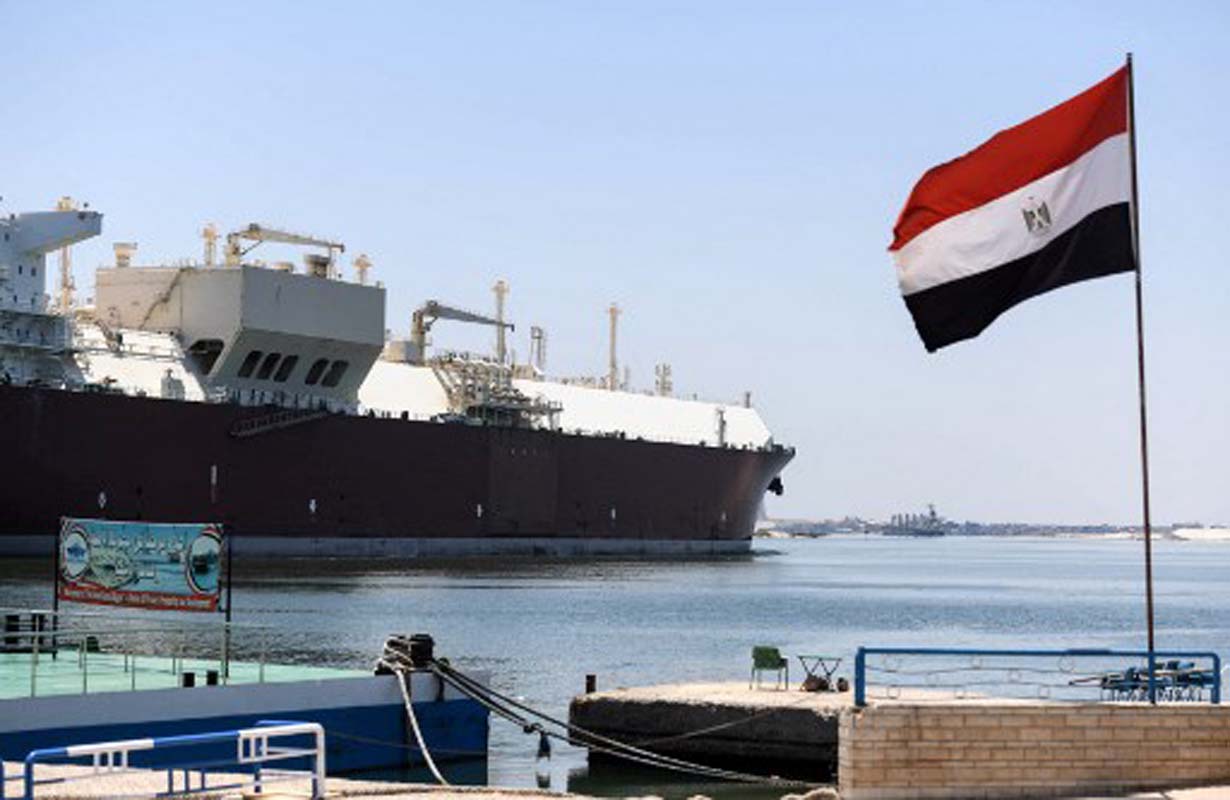
403
Sorry!!
Error! We're sorry, but the page you were looking for doesn't exist.
Egypt allegedly initiates tender to buy 5 liquefied gas shipments
(MENAFN) In response to an ongoing electricity shortage crisis, Egypt has commenced a new tender process aimed at importing five shipments of liquefied natural gas (LNG) scheduled for August and September. This initiative forms part of the country's strategy to alleviate the electricity outage challenges currently affecting the Arab Republic.
According to a government official who spoke anonymously to Asharq Business, Egypt intends to continue offering tenders for LNG imports until local gas production reaches sufficient levels to meet domestic demand. Presently, Egypt's natural gas production stands at approximately 4.60 billion cubic feet per day, while consumption has risen to 6.20 billion cubic feet daily.
The surge in natural gas consumption for electricity generation has been notable, reaching 162,000 cubic meters per day, marking a historical high for Egypt. Prime Minister Mostafa Madbouly recently highlighted that the country's daily energy consumption has exceeded 37 gigawatts (GW), reflecting a 12 percent increase compared to the previous year.
In response to these challenges, Madbouly's government plans to expedite renewable energy projects as part of efforts to bridge the energy gap and reduce reliance on energy imports. Earlier announcements from the Egyptian government included postponing the planned increase in electricity prices from July 2024 to September, aiming to mitigate economic impacts on consumers.
Meanwhile, amidst regional developments, Saudi Arabia is preparing to host the Middle East LPG Expo on September 10-11, 2024. This event is anticipated to play a significant role in shaping the global landscape of liquefied petroleum gas (LPG) and related energy markets.
Egypt's strategic initiatives to secure LNG imports underscore the country's proactive approach in addressing energy challenges, aiming to stabilize electricity supply and support economic sustainability amid increasing energy demands. The outcome of the tender process and subsequent energy policies will likely impact Egypt's energy sector dynamics and contribute to broader regional energy discussions.
According to a government official who spoke anonymously to Asharq Business, Egypt intends to continue offering tenders for LNG imports until local gas production reaches sufficient levels to meet domestic demand. Presently, Egypt's natural gas production stands at approximately 4.60 billion cubic feet per day, while consumption has risen to 6.20 billion cubic feet daily.
The surge in natural gas consumption for electricity generation has been notable, reaching 162,000 cubic meters per day, marking a historical high for Egypt. Prime Minister Mostafa Madbouly recently highlighted that the country's daily energy consumption has exceeded 37 gigawatts (GW), reflecting a 12 percent increase compared to the previous year.
In response to these challenges, Madbouly's government plans to expedite renewable energy projects as part of efforts to bridge the energy gap and reduce reliance on energy imports. Earlier announcements from the Egyptian government included postponing the planned increase in electricity prices from July 2024 to September, aiming to mitigate economic impacts on consumers.
Meanwhile, amidst regional developments, Saudi Arabia is preparing to host the Middle East LPG Expo on September 10-11, 2024. This event is anticipated to play a significant role in shaping the global landscape of liquefied petroleum gas (LPG) and related energy markets.
Egypt's strategic initiatives to secure LNG imports underscore the country's proactive approach in addressing energy challenges, aiming to stabilize electricity supply and support economic sustainability amid increasing energy demands. The outcome of the tender process and subsequent energy policies will likely impact Egypt's energy sector dynamics and contribute to broader regional energy discussions.

Legal Disclaimer:
MENAFN provides the
information “as is” without warranty of any kind. We do not accept
any responsibility or liability for the accuracy, content, images,
videos, licenses, completeness, legality, or reliability of the information
contained in this article. If you have any complaints or copyright
issues related to this article, kindly contact the provider above.


















Comments
No comment